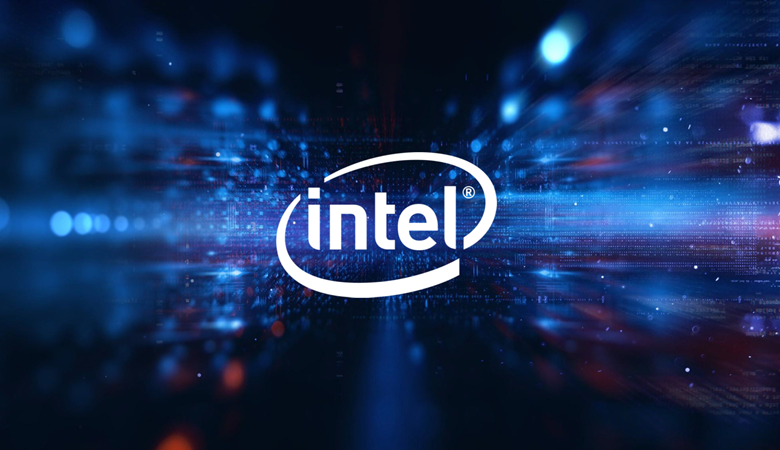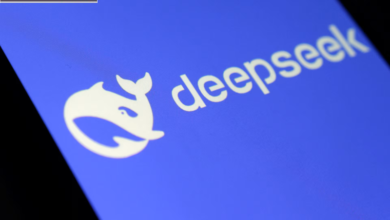Intel to be purchased by Qualcomm?

News Mania Desk/ Piyal Chatterjee / 21st September 2024
Qualcomm may be interested in purchasing Intel, which was once the most valuable chipmaker in the world, according to a Wall Street Journal story. This is a big deal for Intel, whose dominance in the chip business has been primarily founded on its x86 processor technology, even though the transaction is described as “far from certain.” For many years, especially when it came to non-mobile applications, Intel’s CPUs performed better than Qualcomm’s Arm-based designs. However, this paper highlights how the semiconductor industry’s dynamics are changing.
Later, the New York Times reported that “Qualcomm has not yet made an official offer for Intel,” confirming the report. But if the purchase moves through and clears regulatory obstacles, it would be a significant step forward for Qualcomm.
The company has long controlled the mobile chip market, but this acquisition could speed up its spread into other industries. The company recently made a comeback to the desktop processor market as part of Microsoft’s AI PC strategy.
Conversely, Intel is currently going through one of its most difficult times in recent memory. Intel recently disclosed a $1.6 billion loss, despite its companies continuing to turn a profit. This led to significant layoffs and a strategic change. In a glaring indication of its internal problems, the corporation declared it would discontinue non-essential projects and reduced its employment by more than 15%. Additionally, Intel’s CEO Pat Gelsinger disclosed plans to separate the company’s chip production division—once seen as one of its strongest suit.
It’s interesting to note that Intel itself has had to rely on Taiwan’s TSMC to produce its most sophisticated chips, underscoring the challenges it confronts in reestablishing its manufacturing capacity. Its financial difficulties are partially attributable to the expenses incurred by these initiatives. The company’s restructuring attempts have been made more difficult by delays in its 18A manufacturing process.
While AMD and Nvidia, two of Intel’s rivals, have made notable advancements recently, Intel has found it difficult to stay up, especially in areas like AI server chips. In that regard, Nvidia has established itself as the leader, although AMD has grown in popularity among players, particularly since it is included in systems like the Xbox and PlayStation. On the other hand, Intel has encountered difficulties, such losing out on a chip deal for the next Playstation6.
The gaming community also took issue with the corporation after flaws in two generations of their flagship CPUs were found to cause odd crashes. Although Intel released upgrades and extended warranties in response, the harm to its reputation had already been done.
Intel is also attempting to maintain its leadership in the laptop industry in the interim. The business has redesigned its main laptop CPUs twice in recent years in response to increased competition from Apple, AMD, and Qualcomm—all of which have claimed to have better integrated graphics and longer battery lives. It is unclear if Intel’s impending October delivery of Lunar Lake chips will be sufficient to stave off the competition.






